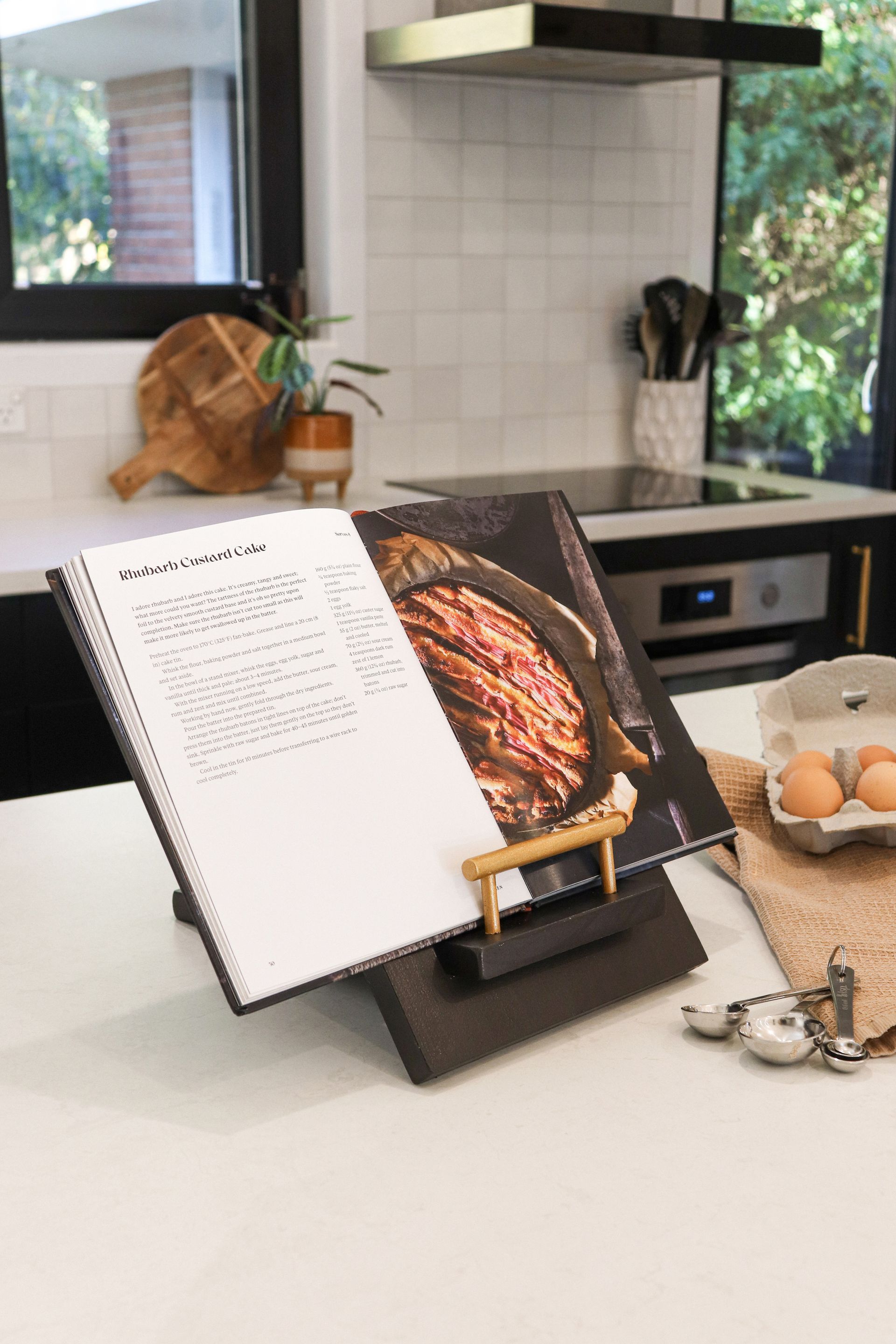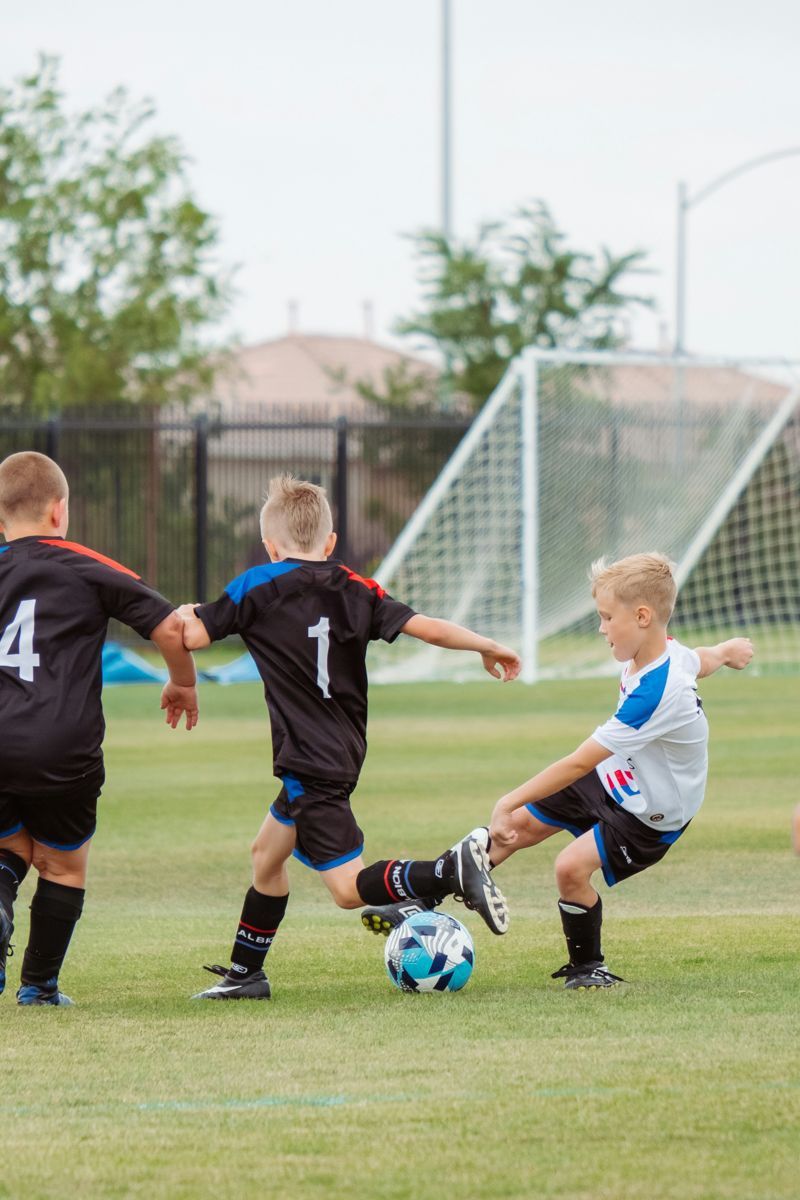At 84, Barry Gardiner is the epitome of what it means to live life to the full. With countless sporting achievements under his belt, including becoming a member of the New Zealand Order of Merit, he shares his true passion for what he believes is the complete sport – Squash.
Squash is not a widely recognised sport in New Zealand, although the recent success of athletes Paul Coll and Joelle King has sparked an interest in the game. For Barry Gardiner, the fast-paced exhilarating game is not only a core part of his daily life, but an essential part of his persona.
Barry has been playing squash for more than 60 years. ‘After moving from Greymouth to Timaru in 1960, a friend took me to the Timaru Squash Club in Brunswick Street, which was the only squash club in South Canterbury,’ he explains. ‘Squash was a sport I’d never heard of at that time!’ After watching a game Barry decided to join the club there and then, and he never looked back. ‘That was my early introduction to a sport I totally enjoy due to its emphasis on physical fitness and all the other aspects of the game, which to my mind make it the complete sport.’
So what makes a good squash player? Barry tells me the sport has been likened to a game of chess. To gain points it is necessary to manoeuvre the opponent around the court to take advantage of any perceived weaknesses and not play to any relevant strengths. The ability to put the ball exactly where you want it as well as being able to finish a rally off are vital skills for a proficient squash player. And Barry is certainly that – having been the World Masters Squash Champion in the Over 50, Over 60 and Over 70 categories in Auckland (1991), Sheffield, England (1999) and Christchurch (2008). He has also been selected for the NZ Masters Squash Team multiple times, has played 28 squash tests against Australia, and has been a NZ Masters Champion on 10 occasions – testament to the phenomenal sportsman that he is.
Barry has enjoyed coaching junior squash players over the years from the early ’80s. ‘There was no junior coaching [at the Marist Squash Club] but there were a number of young people hanging around with their parents. I put a notice on the wall that I would coach any junior and in the first week I had 50 kids waiting for me! There were only two courts, so it was, to say the least, extremely hectic. But the kids loved it and I kept the same group for the next four years, with three of them subsequently selected for the National Junior Championships.’
Barry tells me the best part of coaching was the card sessions over a beer every Friday evening in the upstairs lounge, while his own kids continued to play squash until the card games were over and it was time to go home. ‘My three boys all still play the game competitively, and I put that down to those lonely Friday evenings when they played squash until well past their bedtime!’
A passion for squash has continued to run in the family over the years – in 2016 Barry, his son and his son-in-law all took out the New Zealand titles in their respective age categories at the New Zealand Masters in Dunedin. Three weeks prior, Barry’s granddaughter won the New Zealand Senior Women’s title in Auckland – an amazing family feat!
As well as playing sport at an international level, Barry decided early on that he would assist with administrating any sport he played, and he has certainly achieved that, taking on administrative roles in a myriad of organisations including cricket, basketball, tennis and squash. He has also been Senior Selector and President of Squash New Zealand, Assistant Controller of the 1994 World Junior Squash Championships, Chair of the 2008 World Masters Squash Championships and served on the World Squash Disciplinary Committee for Oceania. And this only skims the surface of his contribution to sport – Barry tells me he has attended 1,096 sports committee meetings between 1957 and 2019!
It’s no surprise then that in 2019 Barry was made a Member of the New Zealand Order of Merit in the New Year Honours for services to sport, particularly squash. Incredibly humble, Barry has kept a low profile and says, ‘No one will accept responsibility for nominating me for the award, but I discovered that my grandson was NOT seeking my background in sport for a school project!’ Barry tells me he had no knowledge of the award until he received a letter from Internal Affairs advising of his nomination, and that he was to attend a Governor-General’s award ceremony in Wellington. ‘As a six-year-old I won my primary school’s marble competition and the following year the school’s skipping competition. Who would have guessed over 75 years later I would receive such a prestigious award for sport!’
It’s important to note that the award was not just for squash, but for Barry’s background in all sports. He has also coached senior rugby and been a representative player at district and/or national levels across tennis, rugby, rugby league, cricket and athletics, and competed in road cycling and mountain bike events, triathlons and several Coast to Coasts (including the one-dayer at the age of 60). Barry says he didn’t have a long-term plan to compete in so many sports – it just happened.
Of all his sporting achievements, Barry is most proud of being the emergency forward for the 1958 Kiwi Rugby League team in a series against Great Britain, and then the emergency back for the 1965 South Island Rugby team seven years later. Another remarkable event took place in 1960 when he played in a Rugby League International against France as a loose forward and then as a halfback under the non-replacement rule. Coincidentally, this happened again in 1961 when he played in a Rugby International against France, this time as a flanker and then first five.
Competing in multiple sports over a lifetime has thrown up some interesting incidents as Barry notes with humour that he has lost eight front teeth in eight different sports over the years – boxing, cricket, rugby league, rugby, squash, cycling, running and golf. Proof that he certainly gives 110 per cent to every sport available to him!
Barry is no stranger to hard work. Born in Wellington to hoteliers, he was sent to boarding school at the age of four, until his father took him out at 16 so he could eventually take over his Greymouth hotel. He started work at the hotel as the ‘shoe-shine boy’ – at 6 am he cleaned the shoes placed outside bedroom doors by hotel guests. ‘Then I cleaned the kitchen furnace, which did all the hotel heating. It burnt pure West Coast coal which left ‘clinkers’ and coke which meant I had to climb into the furnace to scrape it out. I would end up covered in coal dust.’ He would then scrub the floor in the public bar and clean all the used glasses.
Subsequent jobs consisted of being an Engineering cadet, working for Inland Revenue, and as a unit manager for Lion Breweries. ‘I was asked to open up a new tavern in Timaru, where I stayed for a decade and then transferred to Christchurch to take over another tavern that had three bikie gangs as clients. My job was to clean them out and reinstate the tavern to its former glory, which took me over two years. Some of the stories I could tell of those years you would not believe – I had two ex-bikie bodyguards looking after me and they were needed!’ Local Government roles followed, and then property consulting before retiring at the age of 80. Barry also farmed deer on his 10-acre block in Avonhead for a number of years.
Now aged 84, Barry still plays interclub squash and competes in tournaments. ‘I was an A1 so I was a reasonably skilful player, but I’m certainly not a good squash player these days,’ he says. Many of the squash players at Barry’s club (Burnside Squash Club) would strongly disagree.
‘The guy’s a legend,’ says one of the junior players. ‘Barry is a force to be reckoned with,’ another club member tells me. ‘When he steps onto the court with players less than a quarter of his age, they completely underestimate him. I’ve seen many a player come off the court exclaiming, “I didn’t see that coming!” He’s an inspiration to us all.’
After talking to many other club members, it’s plain to see that Barry is a well-respected, humble and ‘upbeat bloke with a great sense of humour’.
When asked what his secret is to staying so fit and healthy, Barry is pragmatic. ‘There’s no secret – the older one gets the more important it is to keep the body in motion. My long-term daily fitness routine keeps me fit – I have a rowing machine, exercycle and light weights at home, so if I fail to cycle around McLeans Island, swim at Jellie Park, play golf or squash on any day, then I use the indoor sports equipment as a substitute.’ Barry’s sole sporting ambition these days is to shoot his age at golf. ‘It doesn’t look possible at present,’ he laughs, ‘but who knows? Would anyone bet against it?’
But it’s not just the physical aspects of sport that are important. Barry says that by continuing to participate in sport, he has no choice but to continually compete against and mingle with young people. ‘The importance of associating with young people with a positive attitude for a person of my age, and the effect it has on my general outlook on life cannot be overstated,’ he explains. He believes it’s a significant contributing factor to how he maintains his positivity.
At the end of our interview Barry says, ‘I should tell you what really bugs me! Every person has at least one talent (and I’m not specifically talking about sport here), and how many actually use that talent? All of us have only one life and if anyone does not apply the talents given them, then they have wasted an opportunity to improve themselves and to live a fulfilling life.’
And without a doubt, Barry is certainly proof of the pudding, living his life to the full!
Recent stories






